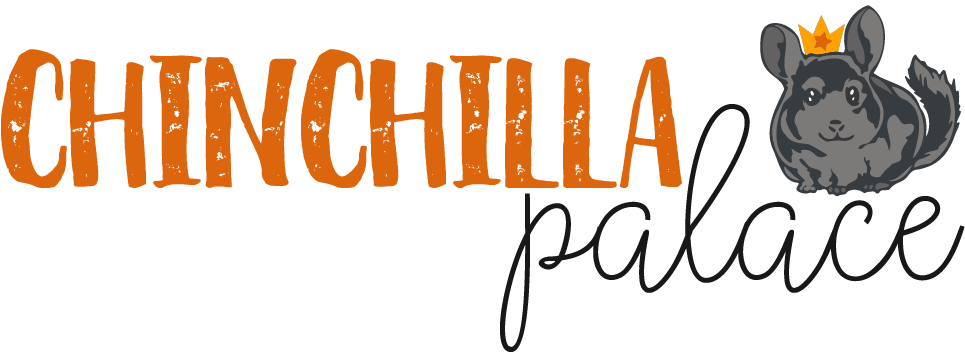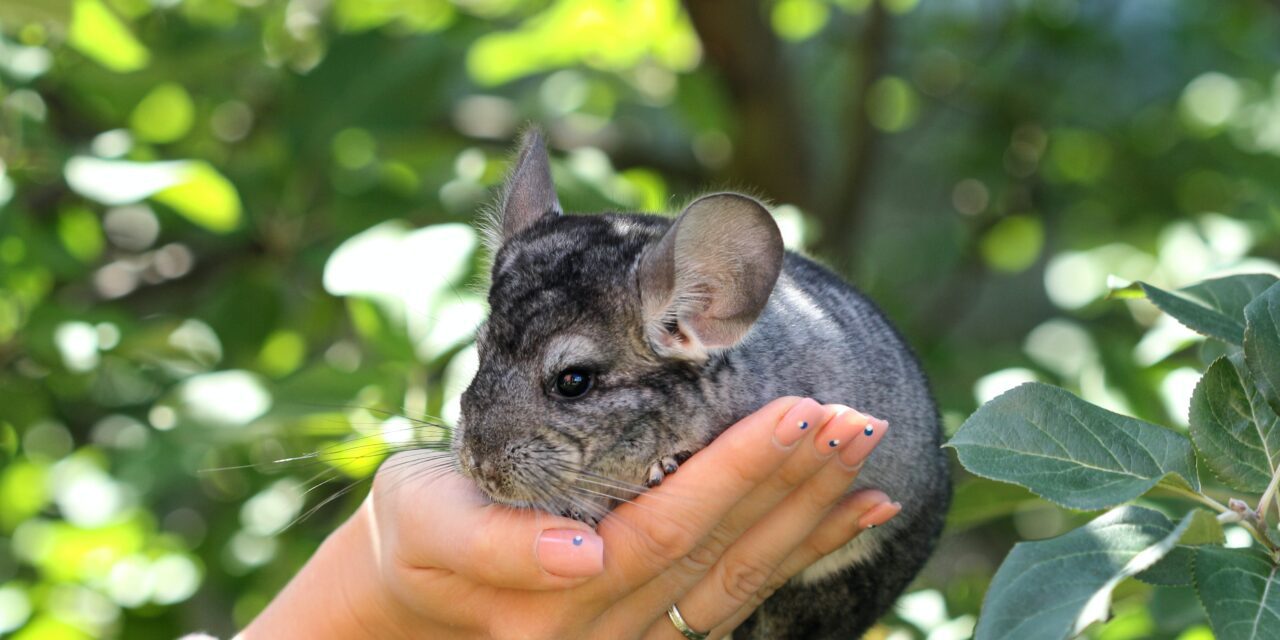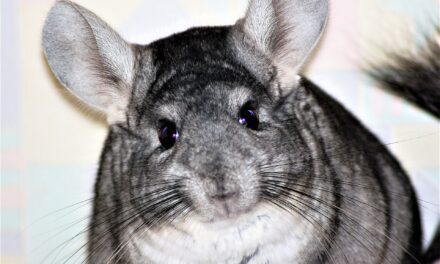Many people might be thinking about getting a chinchilla and are at the beginning stages of research. While many sources on the internet will say they are a low-maintenance pet, they do have specific needs that must be met in order to keep them happy and healthy.
Chinchillas need to be cared for every day, and this care can be very time-consuming, especially if you are looking for a pet that requires little to no maintenance. Chinchillas need a healthy diet, regular exercise, and a clean place to live. Keep reading to discover if chinchillas are considered a low-maintenance pet and if they are going to be suitable for your lifestyle.
What do I need to know before owning a chinchilla?
Before buying a chinchilla, there are many things you will need to factor in, including
- Care requirements
- Getting more than one
- Setup costs and ongoing costs
- Life span, chinchillas live a long time
- Cage, and if you have room for one
- Temperament: Not all chinchillas like cuddles
- Availability: you may need to travel to get one
- Legal implications of owning a chinchilla
What are the care requirements for a chinchilla?
Chinchillas require daily exercise and a specific diet, and their cage must be cleaned regularly to prevent bacterial growth. Chinchillas should also be handled regularly to build trust and affection, but it is important to handle them gently and avoid sudden movements that might startle them. A startled chinchilla is likely to injure itself trying to flee for safety.
Chinchillas are not suitable for young children, as they are quite fragile and can be easily injured when handled roughly. They are more prone to injury when handled around the midsection because they have floating ribs that can easily break if too much pressure is applied.
How many chinchillas Should I get?
Chinchillas are also social animals and prefer to live with other chinchillas. However, if you purchase chinchillas that don’t normally live together, they will be required to live temporarily in separate cages. It will take some time for them to get used to each other, so they shouldn’t be placed in the same cage until they are fully bonded to each other.
What are the chinchilla start-up and ongoing costs?
Having a chinchilla can be expensive, and the cost doesn’t end once you have bought one. There are ongoing expenses for food, bedding, toys, and veterinary care that you will also need to take into consideration.
Here is a list of startup costs
Chinchilla cage
Chinchilla cages range in price from £100 to £400, depending on the size and quality of the cage. Ideally, a two-tier cage with front-opening doors for easy cleaning and handling of your chinchilla is best. We chose a pet planet cage that cost around £200
Air conditioning unit
Chinchillas are extremely heat sensitive and prone to overheating and heat stroke due to their thick fur coat, so it is critical to have an air conditioning unit that can keep their environment at a suitable temperature. Air conditioning units are expensive, ranging from £300 to £1000 or more.
Bedding, ledges, food dishes, water bottles, toys, and other supplies
All of these items can add around £100 to £200 to the initial cost. Remember that your chinchilla will need a variety of hides and ledges to climb on.
Chinchilla(s)
The cost to purchase a chinchilla can range from £100 to £600, depending on its age, gender, breed, and where you purchase it. Pedigree chinchillas are likely to be on the higher end, whereas hobby breeders usually charge less.
Veterinary check-up and costs
Depending on where you live, a checkup and first exam by a vet who works with exotic pets can cost anywhere from £50 to £100 or more.
Ongoing costs
Food
Chinchilla food is relatively inexpensive; a bag of high-quality Timothy hay costs around £10 to £15 per month, and chinchilla pellets can cost around £10 to £15 per month.
Bedding
A bag of pine bedding costs around £10.
Dust bath: A bag of chinchilla dust for bathing can cost £10 and last for several months.
Toys and accessories
It can cost between £10 and £50 a month to buy your chinchilla toys and accessories that will keep it entertained and mentally stimulated.
Veterinary care
If your chinchilla has any ongoing medical issues, annual vet treatment could cost up to or exceed £1,000. Some chinchillas may also need to have regular teeth trimming which could add to your ongoing costs.
How long do chinchillas live?
Chinchillas can live up to 20 years, so you will need to make sure you’re ready to commit to long-term chinchilla care and ongoing costs.
What are the chinchilla cage requirements?
Chinchillas need a cage with plenty of room to move around, climb, and play without causing harm to themselves. The minimum size we recommend for a cage that will house a pair of chinchillas is 90cm wide, 60cm high, and 45 cm deep. It should be big enough to place ledges, shelves, multiple hides, a hayrack, and water bottles. Chinchillas can be litter-trained, so you can also provide a litter pan. We use a glass oven dish in our cages as they are chew-proof.
The cage should have a solid floor and be made of a safe, chew-proof material, such as metal or chinchilla-safe wood. Chinchillas have strong teeth and love to chew, so they will chew plastic, which can cause harm to your chinchilla. The cage should be placed in a quiet area away from direct sunlight, heat sources, and draughty areas.
What is the chinchilla temperament like?
Chinchillas can be tamed to accept human affection, but bear in mind that they can be nervous and easily stressed, so the bonding process may take several months; patience is key. Some chinchillas do not like being touched at all, and this is something to factor in when considering getting one.
Are chinchillas readily available?
Chinchillas can be difficult to find in some areas; we travelled 3 and a half hours out of our area to get ours, so you may need to travel to get one. Another thing to consider is that there may be a waiting list or that they may not be ready for a few weeks after they are advertised. The most important thing to take into consideration when looking for chinchillas is that you make sure you do thorough research to find a reputable breeder that breeds for health.
What are the legal implications of owning a chinchilla?
Some cities, states, or countries have laws or regulations regarding exotic pet ownership. Be sure to research and comply with any relevant laws before buying a chinchilla.
Take away
As you can see, owning a chinchilla requires a significant commitment of time, effort, and financial resources, which makes them a high-maintenance pet. So it is important that potential owners know what it takes to take care of a chinchilla and be ready to give it a safe and suitable environment to live in. If you can provide all of these things, then a chinchilla will bring you many years of companionship and joy.









Recent Comments